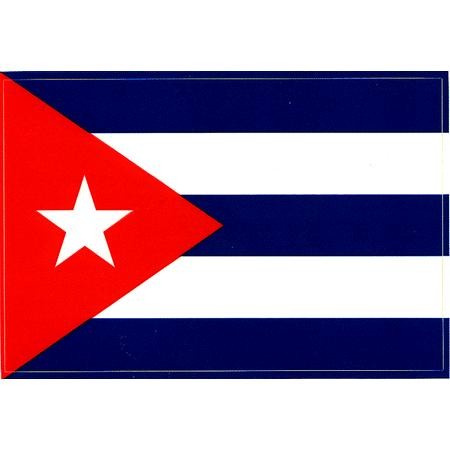Since President Obama announced his intention to restore diplomatic relations with the government of Cuba, there has been tremendous speculation regarding the opportunity for U.S. businesses. Much of this speculation assumes that the law codifying the U.S. embargo will be changed and U.S. companies will be permitted to invest. Many analysts have arrived at the conclusion that Cuba represents a lucrative opportunity for U.S. businesses because:
- There are over 11 million consumers with nearly 60-years of pent-up demand for U.S. goods and services;
- The Port of Havana is only 198 nautical miles from the Port of Miami facilitating trade;
- Millions of U.S. tourists will need travel-related services for their planned vacations to Cuba; and
- European companies have already paved the way for foreign investment and business in the island.
On the surface it appears to be a compelling case for doing business in Cuba. But a deeper analysis paints a strikingly different picture. Small business owners should be wary for the following reasons:
Business climate. Like all socialist economies, the Cuban government controls the factors of production: manufacturing facilities, distribution centers, large-scale agriculture and energy projects, access to domestic capital, even employment are all under direct government control through a series of massive holding companies. This won’t change.
In March 2014 the National Assembly of the Peoples’ Power (Cuba’s equivalent of a Parliament) passed a new Law of Foreign Investment supposedly ushering in a new era of foreign investment. Subsequent to the passing of the law Cuba issued an international call for $8 billion of desperately-needed foreign capital for 250 “shovel-ready” projects. The problem is that the “new” law is very similar to the “old” one: Cuban-government holding companies will retain majority ownership and control of all projects and the state will continue to micromanage the economy. While in theory Cuba has permitted up to 100 percent foreign ownership of companies since 1995, in practice it doesn’t happen.
Consumer purchasing power. The Cuban government’s absolute control of economic and political life in Cuba has made it very difficult for Cubans to make a decent living. The average wage in Cuba is the equivalent of $20 per month with imported goods (like deodorant or makeup) costing more than they do in the U.S. Cubans with relatives abroad that send remittances are able to enjoy a somewhat higher standard of living but only between 15 and 30 percent of the population have access to them. It’s difficult to envision someone buying a $1,000 smartphone much less a used Ford based on their official state-paid wage.
Business culture. The combination of absolute government control coupled with miniscule wages and high prices have led to the creation of a unique business culture in Cuba. “Resolver” (Resolve or get by) is how most Cubans make a living. It is a completely informal and usually illegal way of obtaining goods for resale on the black market. While Cubans are now permitted to own small businesses in certain sectors, the confiscatory tax rates and burdensome regulations leave no other option but to also run them on the black market. This culture is in sharp contrast to what most U.S. business owners’ experience. Many recent immigrants from Cuba have a difficult time adapting to U.S. business culture and the same is likely for U.S. entrepreneurs heading to Cuba.
Track record and counterparty risk. The Cuban government has a poor track record as a borrower and business partner. Over the past five years alone Cuba’s debtors have written off over $40 billion in debt as uncollectable. This is equivalent to the U.S. failing to pay $8 trillion in debt.
Currently there are less than 250 foreign companies doing business in Cuba and this number is declining as more partners give up. Many foreign investors fall into two camps: A.) those that have lost money on their Cuba ventures; or B.) those that have made money only to see the Cuban government take over the now profitable venture, seize assets or forcibly renegotiate terms.
Many proponents of business with Cuba point to Viet Nam, the Czech Republic and other formerly communist countries as examples of what can be achieved in Cuba with the help of U.S. investment and know-how. Cuba however is different in one key way: the current regime has made it clear that they do not plan to change. They see any thawing of relations with the U.S. as an opportunity to secure additional resources to support their single-party political system and their centrally-planned economy. Cuba certainly has potential as a market for U.S. companies but not yet; the risk factors simply outweigh any modest gains that could be achieved. Business owner beware.
